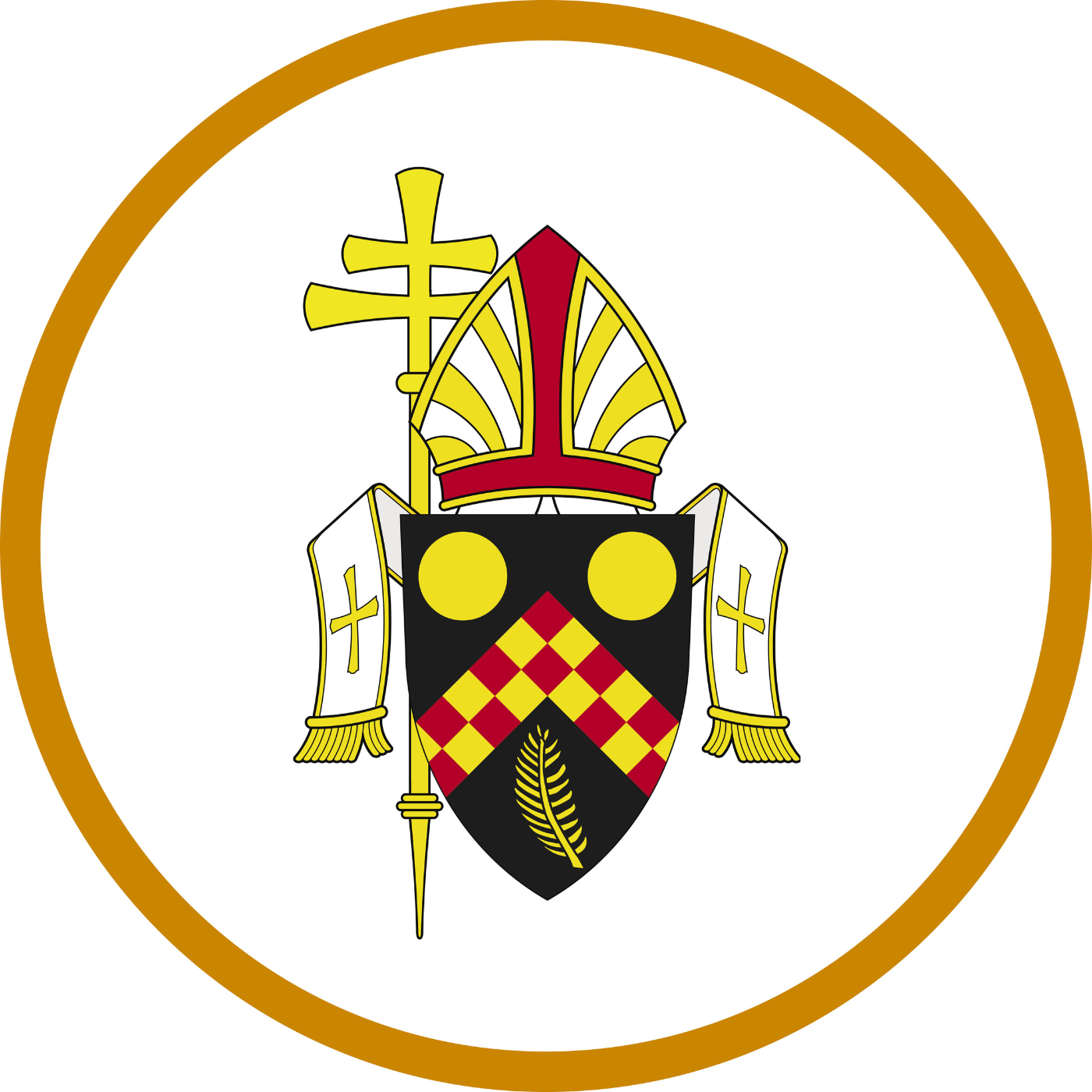‘But you, who do you say I am?’ This would have to be one of the most powerful questions of the gospels. It echoes down the centuries and is just as relevant today as it ever was. ‘Who do you say I am?’ Our answer to that question is perhaps the most revealing statement of our faith. Our answer no doubt changes over time as we grow in understanding and as we experience the ups and downs of life. But nonetheless, like Saint Peter in the gospel passage we’ve listened to, our answer remains a clear statement of our faith. ‘Who do you say I am?’ Just a good guy who lived 2,000 years ago? A role model? A friend? God made flesh? The Word come down from heaven? Nobody? Everybody? Our saviour? An inspired man of God? The Messiah?
Perhaps you’ve never tried to actually answer the question for yourself. It’s a confronting question, ‘Who do you say I am?’ It’s confronting because, as Christian people, we believe that our actions are a reflection of our beliefs and values. It’s confronting because whatever we say in answer to that question has implications for the way we live. ‘Who do you say I am?’ You see, the question is in the present tense, not in the past. It doesn’t ask ‘Who do you say I was?’; it asks, ‘Who do you say I am?’ The very question asks us to recognise that Jesus was not just some guy who lived 2,000 years ago, but rather someone who continues to be a presence in our lives today. As he stands before each and every one of us today and asks that same, demanding, confronting, purposeful question, ‘Who do you say I am?’
Like Saint Peter, I am sure many of us will say and use big concepts to describe who Christ is for us he is our Redeemer, our Saviour, our Lord, et cetera. We may start with big concepts, but eventually we each need to personally respond. To acknowledge our own weaknesses, and our own need for Jesus to understand the question and then begin to make the answer ours. Over the next few weeks, the Sunday gospel will call us into the ways of respect, of commitment, and of peaceful negotiation, to ever deeper insight into the ways of being part of God’s Kingdom. We will be reminded to reflect that you and I are the messengers, today. But today those beautiful words of Saint Peter never seem to get much of a focus, remember when Peter says; Lord you know everything; you know I love You. My friends, may Peter’s words to the Risen Christ be ours today. Lord, you know I love you! May we bring those words to life this week, Lord you know I love you!

Two-Minute Homily by Fr Ihemelandu Uzuegbu for the Second Sunday of Advent 2023. "To become the people God wants us to be, we need...

Two-Minute Homily by Dcn Russ Nelson for the Twenty-First Sunday in Ordinary Time 2022. "The call to discipleship is a call to a life...

Two-Minute Homily by Fr Brendan Gormley for Pentecost Sunday 2023. "The Spirit helps us to know and love Jesus and the Father; the Spirit...